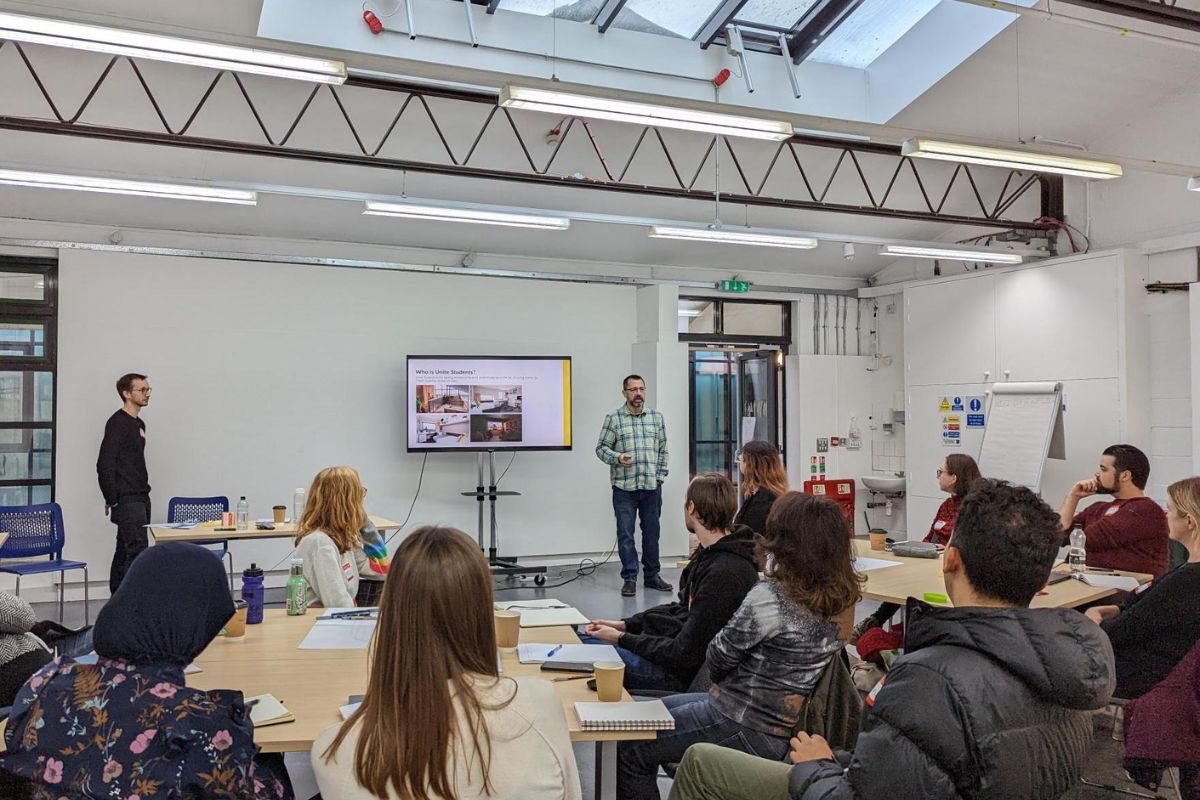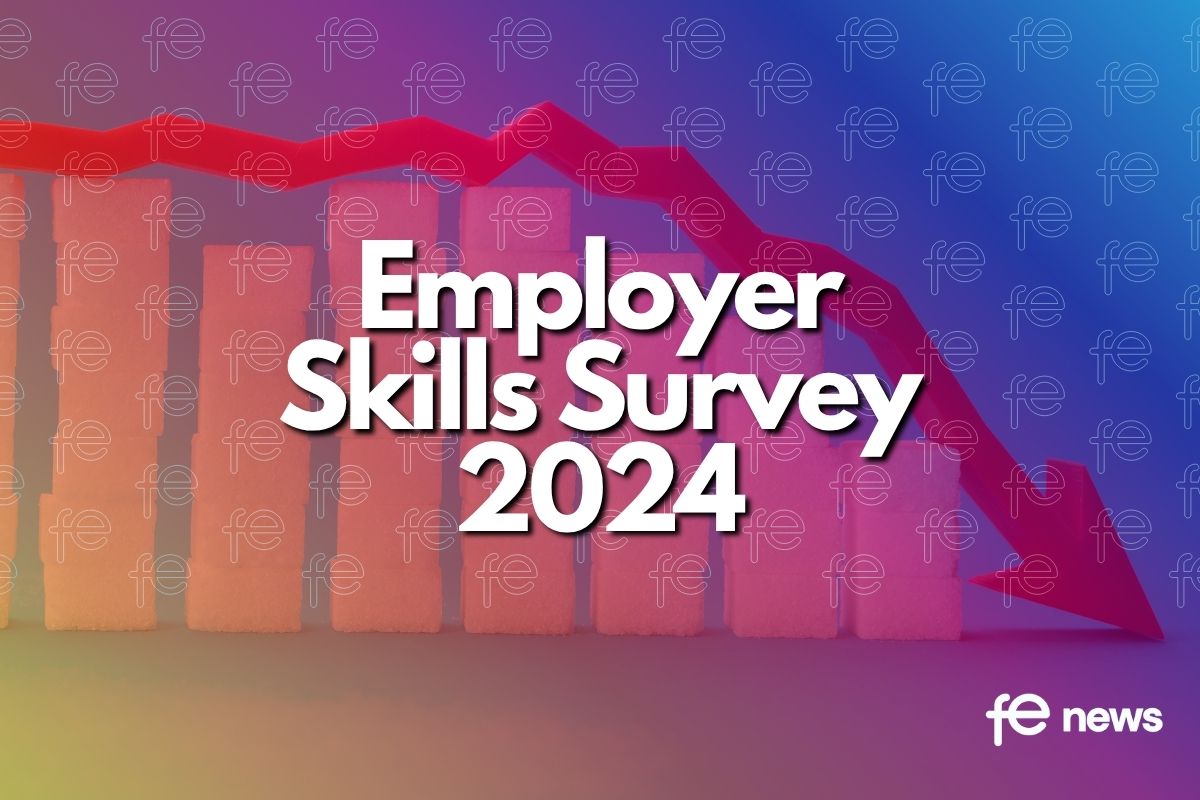Institute of Coding to “unlock new skills and new jobs” for over 26,000 learners

The Institute of Coding (IoC), led by the University of Bath, has today [26th June 2023] launched a national digital skills programme, Click Start, focused on tackling the digital skills gap and improving social mobility.
The IoC and its partners are launching free training programmes – funded by public benefit company Nominet who uses its funds to support pioneering work that promotes digital inclusion and skills – to more than 26,000 young people. The courses will develop learners’ digital skills, helping them to secure employment across a variety of industries.
As part of the Click Start programme, the University of Leeds have devised a range of online courses which are hosted on the Coursera platform, allowing learners to access up to 30 courses, from the comfort of their homes.
18 of the courses will be available from launch, and they can opt in to as many of these as they like – for free – within a three-month period. Each course takes six to eight hours to complete.
Around the country, the programme also offers learners hybrid in-person/online courses to develop their digital skills, to grow their confidence and boost their chances of employment.
On many of these, charity partners will provide learners with additional support, such as careers advice and mentoring by tech industry leaders.
Projects include:
- Abertay University have partnered with Salute My Job, working with ex-armed forces personnel;
- Be the Business, working with the University of East London and Forward Trust to support underrepresented ethnic groups to gain digital skills within SMEs;
- Bath Spa University working with Catch 22 and partners to deliver UX/UI and Web Development training to disadvantaged groups in the South West
- TechUPWomen at Durham University working with women and non-binary people across the North and North East, offering 6-week to 12-week hybrid IT skills programmes and specialist careers support from Catch 22.
Click Start’s launch follows London Tech Week, where industry leaders, including Prime Minister Rishi Sunak, called for swift action to ensure the UK retains its position as one of the world’s tech capitals.
Research from Tech Nation suggests there are an estimated 870,000 tech sector vacancies across the UK.
The IoC has already offered 150 digital skills training and employability programmes to over 900,000 learners across the UK.
Leaders from across the tech industry and have praised the IoC and their partners for their efforts to tackle the combined digital skills and social mobility gap across the UK.
Prof. Sue Black OBE, Professor of Computer Science at Durham University, said:
“As someone who left school at the age of 16 and completed a PhD as a mature student, and a single mum-of-three, I know how important it is to give people access to the right guidance and support throughout their lives in order to increase diversity within our sector.
“To ensure the UK remains a global player in technological innovation, we must supercharge our support for people from all walks of life to gain the skills they need to succeed in the digital economy. The Institute of Coding’s programmes do just that.”
Professor Rachid Hourizi MBE, Director of the Institute of Coding, said:
“This programme, funded by Nominet, reflects the two organisations’ commitment to social mobility and inclusion. Our shared mission is to give people new skills that help them unlock new jobs and opportunities.
“The UK faces significant digital skills and recruitment challenges, compounded by a fragile talent pipeline, insufficient growth and insufficient diversity.
“Today’s launch will see thousands more people from disadvantaged and under-represented groups achieve their true potential in this field by offering different pathways to skills and employment, and entry into digital careers.”
Paul Fletcher, CEO of Nominet, said:
“The UK has lower rates of social mobility than other developed countries, meaning many people, regardless of their talent or hard work, lack the opportunity to gain employment, develop meaningful careers and reach their full potential.
“This project aims to innovatively bridge this gap and get people from disadvantaged backgrounds into digital careers. It’s a national challenge that we are tackling online as well as through local institutions really getting into the heart of communities across the UK.”











Responses